Hey, healthy athletes! Let’s talk about the importance of nutrition tips in our lives. We all know that what we eat and drink can greatly affect our athletic performance. As we engage in physical activities, our bodies need energy from our diet to keep us going. That’s why nutrition is not just essential but critical for us.
But that’s not all. As athletes, we need to pay attention to the balance and timing of our meals and snacks as well. It can be the difference between achieving our athletic goals or falling short. So, if you’re looking to optimize your nutrition to boost your physical performance, then you’ve come to the right place.
Table of Contents
Top 10 Nutrition Tips for Athletes:
Here are some valuable nutrition tips that you will want to take advantage of:

1. Stay Hydrated
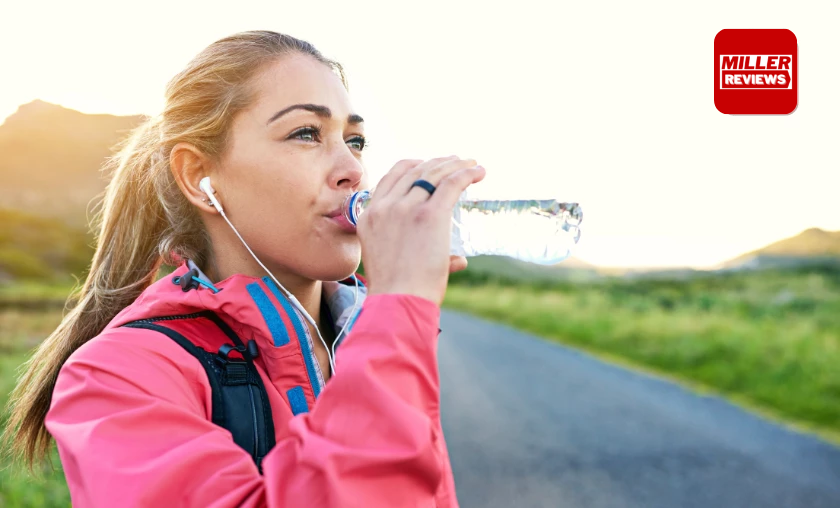
Let’s talk about staying hydrated as an athlete! This is an obvious tip, but it’s also one of the most crucial. When we engage in physical activity, we sweat & lose fluids, and which can lead to dehydration if we’re not careful. And here’s a fun fact: feeling thirsty means that you’re already dehydrated! So, don’t wait until thirst kicks in; stay on top of your hydration game.
When you’re dehydrated, your blood volume decreases since blood mainly consists of water. This means that your heart pumps less blood to your body, and your muscles receive less oxygen. And let me tell you, dehydration can seriously harm your athletic performance and even become dangerous if it becomes severe. Excessive dehydration is losing more than 2% of your body weight in fluids.
Now, I know there isn’t a one-size-fits-all rule for how much water you should drink in a day. You should monitor your fluid losses and urine color as an athlete to determine how much fluid you need. That’s why I’m sharing this table with you that shows the recommendations from the National Athletic Trainers Association, the Academy of Nutrition and Dietetics, and the American College of Sports Medicine. So, let’s stay hydrated and perform at our best!
National Athletic Trainers Association

National Athletic Trainers Association
Let me share with you some guidelines for observing urine color to determine your hydration status.
- Overhydrated: Almost clear yellow
- Hydrated: Pale shades of yellow
- Dehydrated: Bright yellow to darker yellow
- Extremely Dehydrated: Orange to brown (if brown, consult a healthcare provider)
2. Don’t Feel Like You Have To Reach for Sports Drinks
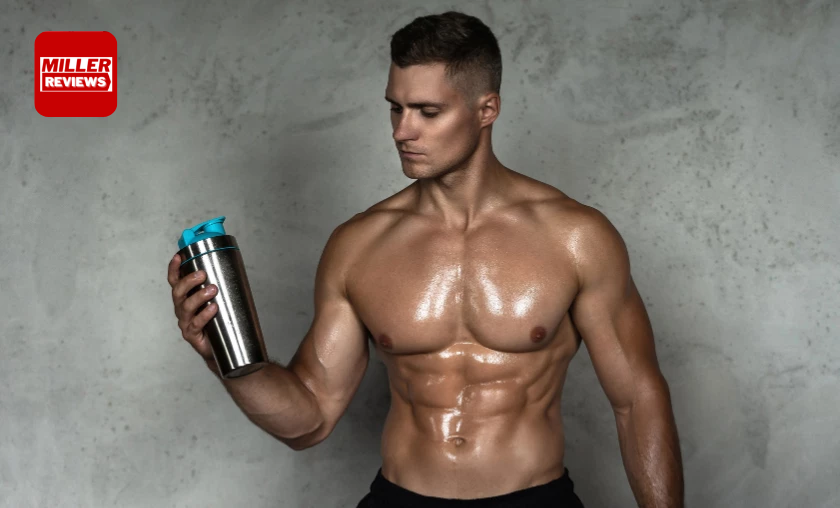
Have you ever wondered if sports drinks are necessary for athletes? While these drinks contain electrolytes lost during sweating, they also contain high amounts of added sugars. For instance, a 12-ounce serving of Gatorade has 21 grams of added sugars, which is almost a whole day’s worth based on the American Heart Association’s guidelines (25 grams or less per day for women/36 grams or less per day for men).
When you consume added sugars in large amounts regularly, it could be better for your health. While sports drinks can be beneficial in scenarios such as endurance sports when energy stores need to be replenished, they’re generally not necessary for everyday activities. The good news is that you can replenish your electrolytes without the added sugars by consuming everyday foods. Additionally, if you’re looking to curb your sugar intake, you can opt for an electrolyte powder without added sugars. So, be mindful of what you’re consuming, and make the best choice for your health & athletic performance.
3. Go Easy on the Fat Before Exercising
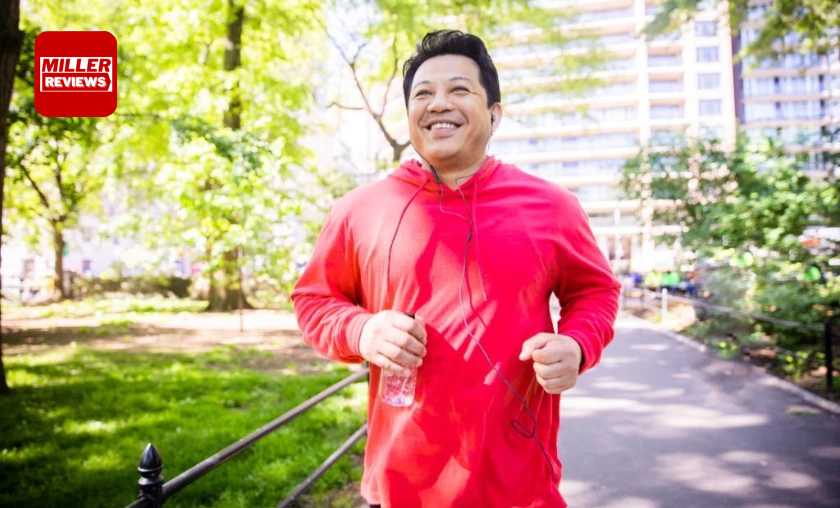
Let’s talk about fat, one of the three main macronutrients, carbohydrates, and protein. Compared to carbs and protein, fat takes the longest to digest. If you consume a high-fat meal shortly before exercising, you might regret it when the stomach cramps hit.
During exercise, your body redirects blood flow away from your stomach and towards your heart, lungs, and muscles. As a result, your high-fat meal will remain in your stomach, not being digested as efficiently due to the reduced blood flow to your digestive system.
However, it’s important to note that fat is an essential nutrient that shouldn’t be restricted for athletes. Rather, allowing at least a few hours for a high-fat meal to digest before exercising is recommended. A high-fat meal typically contains around 18 grams (or more) of fat per 3.5-ounce serving. So, be mindful of your fat intake and timing, and you’ll be well on your way to optimizing your athletic performance.
4. Eat Complex Carbohydrates. Most of the Time

As an athlete, you’ve probably come across the terms “simple” and “complex” carbohydrates, but what do they mean? Simple carbohydrates are digested fairly quickly and used as energy. This includes processed foods such as white bread, sweetened cereals, and grains with white flour. However, simple carbs also include healthy foods like fruit and milk, which should still be a part of your diet plan.
Complex carbs, on the other hand, are higher in starch and fiber than simple carbs. These carbs break down at a slower rate, providing energy for a longer period. As an athlete, opting for high-fiber choices like whole wheat bread, oatmeal, brown rice, potatoes with the skins left on, and quinoa instead of refined carbs is important. A high-fiber diet, including complex carbs, can provide energy, promote healthy blood sugar and cholesterol levels, and benefit your digestive system to keep you healthy.
5. Eat Simple Carbs Before & During Prolonged Exercise

While complex carbs may be the better choice for long-lasting energy, simple carbs still have their place in an athlete’s diet. Simple carbs are broken down into energy quickly, making them a great option when you need a fast energy boost. During prolonged exercise lasting over 90 minutes, your body starts to burn stored sugar in the liver and muscles. These stored sugars, or glycogen, help prevent low blood sugar during prolonged exercise.
Foods like bananas, white bagels, and sports gels are examples of simple carbs that provide immediate energy and are best consumed before and during prolonged physical activity. They are easy to digest because they don’t contain large amounts of fiber that could cause digestive issues if eaten right before exercise. While it’s important to not rely solely on simple carbs, they can be beneficial when used strategically in combination with complex carbs.
6. Have Balanced Pre & Post-Workout Snacks
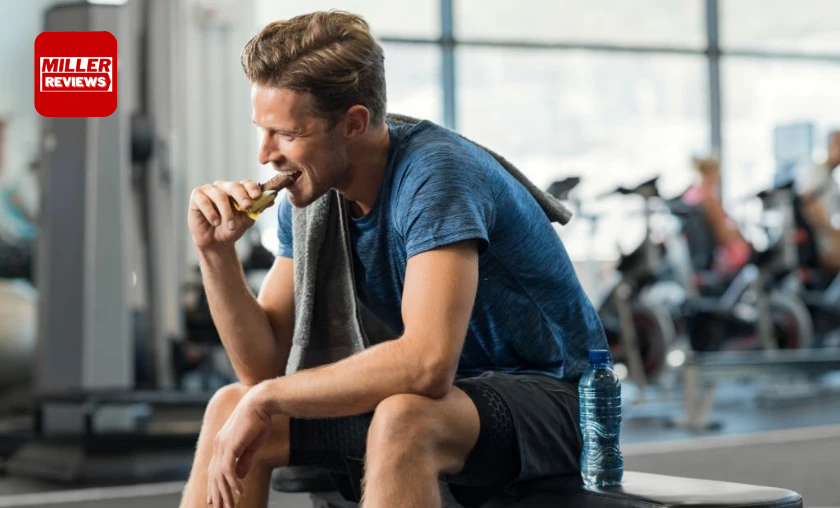
Let’s talk about pre- and post-workout snacks. Carbohydrates are fantastic for energy, and protein is great for repairing muscle fibers and building lean muscle. So why combine both for a well-rounded snack? Here are some great examples of snacks that balance both carbohydrates and protein and make for a perfect pre- or post-workout treat:
- Apple and cheese slices
- Mandarin orange slices and cottage cheese
- Peanut butter on whole-grain toast
- Low-sugar yogurt with sliced almonds
- Homemade fruit smoothie with yogurt and/or protein powder
7. Get Enough Iron in Your Diet
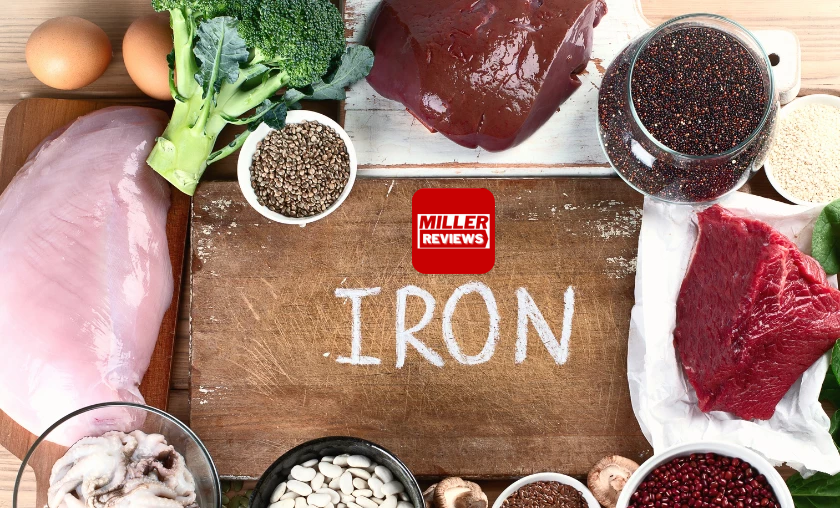
As an athlete, paying attention to your iron levels is important, especially for women who are more likely to experience Iron deficiency. Iron is an essential mineral that helps your body create hemoglobin, a protein that carries oxygen throughout your body. If you’re not getting enough iron, you could develop anemia, which can cause fatigue, weakness, shortness of breath, and dizziness, which can negatively impact your athletic performance.
According to studies, up to 12% of non-Hispanic women and as much as 20% of black and Mexican-American women experience iron deficiency anemia. To help prevent Iron deficiency, it’s important to include plenty of iron-rich foods in your diet, such as meat, poultry, seafood, legumes, dried fruit, and fortified cereals. Ensuring you get enough iron can help keep your body in top condition for your athletic pursuits.
8. Get Enough Protein, But Don’t Over-Do It
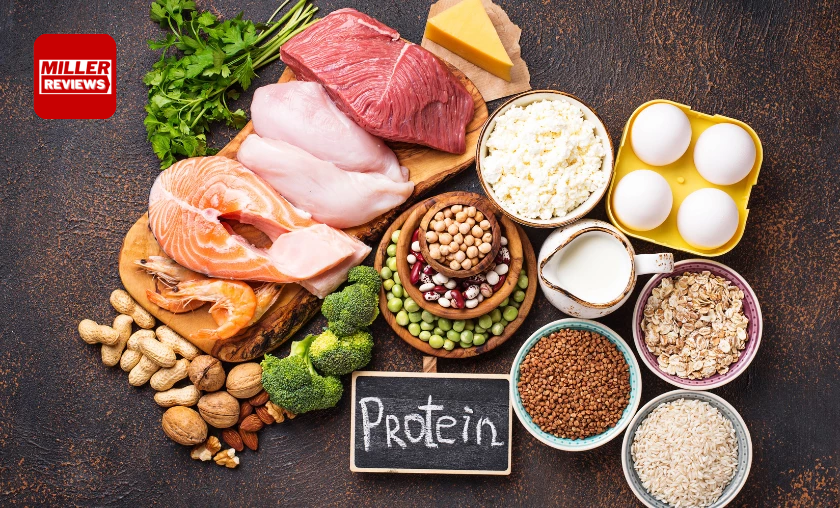
Protein has been a trendy nutrient in food marketing in recent years. While it is important, most people already consume enough protein through a regular diet. Some protein-rich foods include meat, poultry, dairy products, nuts, seeds, legumes, and soybeans.
The average non-athlete needs about 0.8 grams of protein per kilogram of body weight per day, which would amount to approximately 54 grams per day for a 150-pound person. On the other hand, athletes require about 1.2-2 grams of protein per kilogram of body weight per day, depending on the type of sport and intensity of training. This equates to approximately 82-136 grams of protein per day for the same 150-pound person.
Consuming more than the two grams of protein per kilogram of body weight is unlikely to provide any additional benefit. Excess protein will be excreted in the urine.
9. Eat Plenty of Vitamin C Rich Foods
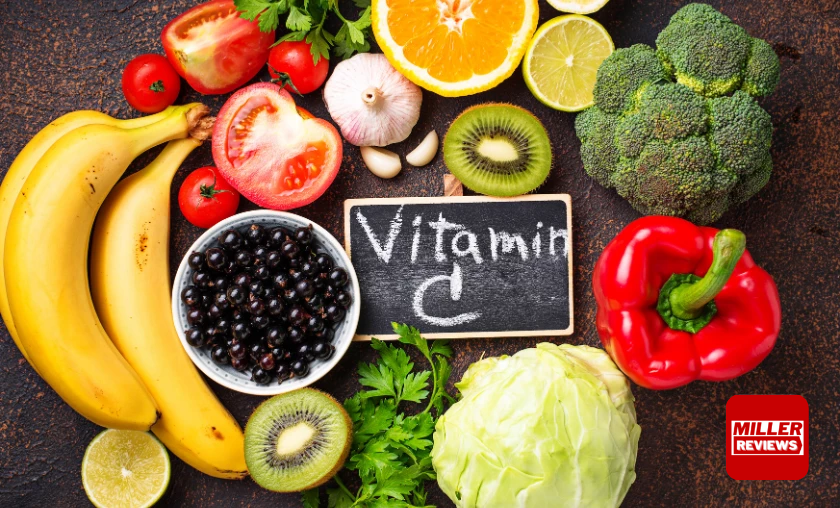
Intense workouts can strain the immune system, increasing the risk of getting sick for athletes. That’s where vitamin C comes in handy! This immune system-boosting vitamin is found in many fruits & vegetables, such as citrus fruits, bell peppers, and more. Besides keeping you healthy, vitamin C may also aid athletes in another way.
Recent studies suggest that vitamin C can help to decrease muscle pain and enhance muscle recovery. The reason behind this is likely due to its potent anti-inflammatory and antioxidant properties. Hence, it is advisable to include vitamin C-rich foods in your diet to promote optimal athletic performance.
10. Don’t Forget Your Veggies

As an athlete, it’s crucial to meet your increased calorie needs, and often, vegetables might not be the first choice to fulfill those needs. However, vegetables are an essential source of vitamins, minerals, and antioxidants that promote overall health and reduce the risk of chronic diseases. Therefore, they should be noticed in any athlete’s amateur or elite diet.
One way to incorporate vegetables into your diet is to add them to higher-calorie meals. For instance, you can add fresh tomatoes to spaghetti and meatballs, spinach to scrambled eggs and cheese, and pumpkin puree to your high-protein smoothie. These additions will provide you with the nutritional benefits of vegetables while still meeting your overall calorie and protein requirements.
Conclusion
Proper nutrition is essential for athletes to achieve peak performance and maintain good health. By following these top 10 nutrition tips, athletes can fuel their bodies with the right nutrients and achieve their goals.
Remember to prioritize complex carbs, balance carbs, and protein for optimal energy and muscle repair, include iron-rich foods to prevent anemia, don’t overdo protein intake, consume vitamin C for the immune system and muscle recovery benefits, don’t overlook the nutritional value of vegetables, hydrate properly, be mindful of portion sizes, choose nutrient-dense foods, and listen to your body’s hunger and fullness cues.
By making these simple but impactful changes to your diet, you can fuel your body for success both on and off the field.
For More amazing articles related to Health Check out our website Over Here
To Read more similar articles click here
Thanks for visiting our Website. If you appreciate our work, kindly show us some support in our comments section 🙂